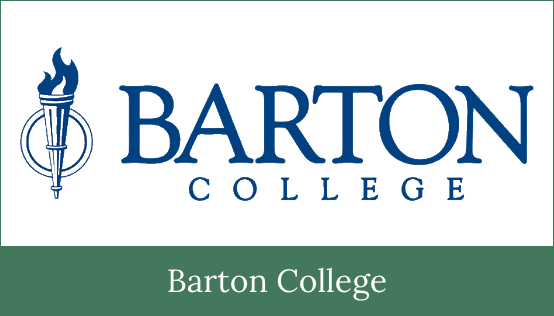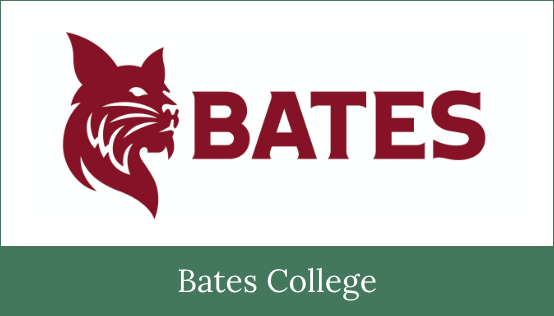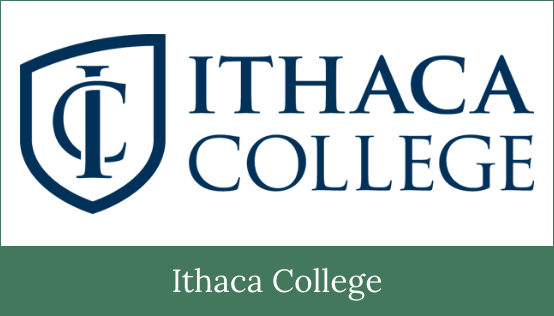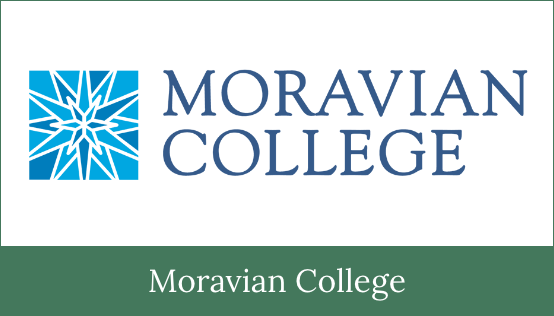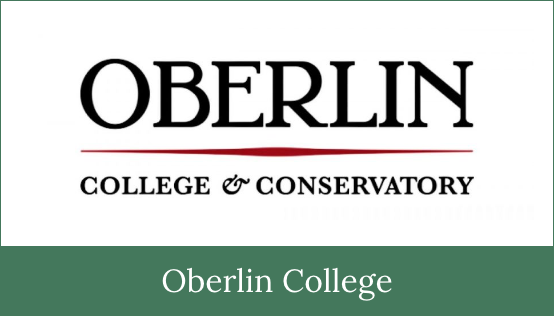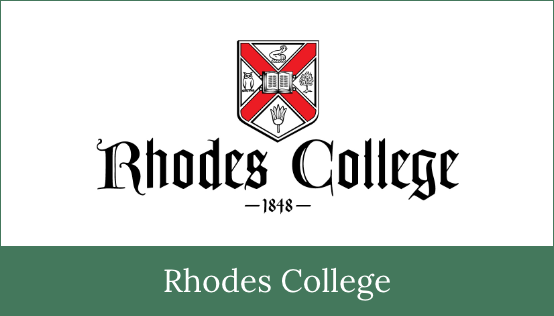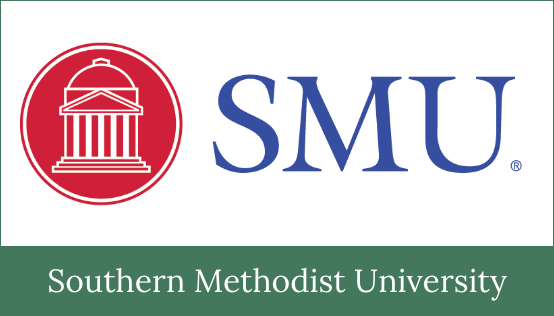-
-
Membership
-
-
-
What does it mean to be a member?
Membership in the organization includes access and networking to a national group of colleagues, access to resources posted, access to an active listserv, and reduced rates for conferences as well as regional gatherings.
About Chaplaincy
University and college chaplains are professional clergy and laypersons who seek to enhance the spiritual and ethical educational experience of the whole person—mind, body, and soul.
We encourage and support spiritual development, theological reflections, religious tolerance, and social awareness among students, faculty, and staff. Our commitment is to their spiritual well-being.
We ensure that all participants in campus life have access to religious, spiritual, and ethical services, resources, and practices of their own choosing. We provide opportunities for all to explore questions of meaning, value, and purpose. In times of joy and sorrow, we are dedicated to being a caring, gentle, accessible presence. And we promote respect for all beliefs, traditions, and worldviews, as well as considerate interaction with and learning from one another.
How do I become a member?
1. Choose your membership category
There are five categories of membership in the association.
Endorsed Institutional Member(s) are in a part time or full time partnership at the member institution, working directly with students in a religious/spiritual capacity. Endorsed Member(s) may or may not be employed by the member institution, but must have an official relationship with them. Endorsed Institutional Member(s) must be endorsed by the Dean or Director of Religious/Spiritual Life or their designee at the member institution. Endorsed Members gain access to members-only privileges, they can attend conferences at a discounted rate, and they are able to vote in Business Meetings. Annual dues for the Endorsed Institutional Membership category are set by the Board of Directors. [See below for more information on requirements for Endorsed Institutional Membership]
Benefits of Different Membership Levels
Institutional Members | Endorsed Institutional Members | Lifetime Members | Affiliate Members | Student Members | |
Conference Rate | Member Rate | Member Rate | Free | Member Rate | Student Rate |
Monthly Newsletter | X | X | X | X | |
Monthly Gatherings | X | X | Select | Select | Select |
Listserv/Forum | X | X | X | ||
Voting | X | X | |||
Access to Resource Library | X | X | |||
Board Participation | X | Limited |
Endorsed Membership Criteria:
1 person from an organization
Outside your religious/spiritual tradition (for the purpose of membership all denominations of Christianity will be Christian, all sects of buddhism will be buddhism, all sects of hinduism will be hinduism, etc)
Letter addressing official relationship with the member institution: Endorsed Institutional Member Letter Template.docx
Institutional Letterhead:
Indicate what kind of relationship,
Organization(s) they’re affiliated with,
What work they are doing with students and how they are positively contributing to the work on their campus,
Who oversees (access/approval to work with campus/students) them,
What value would they add to ACSLHE (how are they advancing the mission and vision of ACSLHE)
Include comments on your institutional structure and underrepresentation based on criteria below:
Underrepresentation
Majority of time on campus spent with students
These people may work limited hours because of full time jobs
Serving a very specific community that often lacks chaplaincy sources
These people may often serve as the sole chaplain for these communities
Institutional Structure
Does not have institutional structure to pay a full time income to increase representation
Budget
Staffing
Location of Institution
A full-time employee must oversee their work on campus
Providing accountability with institution
Understanding of work and presence on campus
Approves access to campus and campus resources
In good standing with member institution
Registered and active “affiliate” status with institution
Organization must be registered with institution
Additional Notes:
- There may be exemptions on a case by case basis, such as those paid by a denomination affiliated with the University will still be classified as Institutional Membership.
- Who pays for the membership is up to the endorsed member and the institution.
Who else is a member?
|
|  |
|  |
|
|
|
|
|
|
|
|  |
|
|
|
|
|  |  |
|  |
|
|
|
|
|
|
|
|
|  |
|
|
|
|
|
|
|  |
|
|
|
|
|
|
|
 |
|  |
|
|  |
|
|
|
 |
|
|
|
|  |
|
|
|
|
|
|
|
|  |
 |
|
|
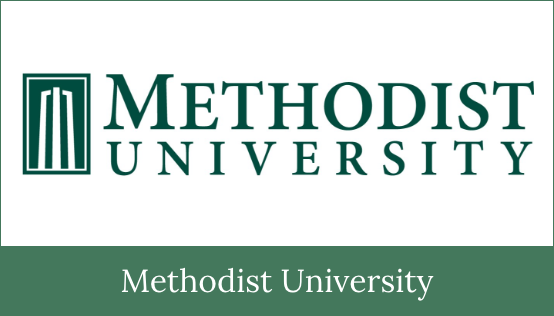 |
|
|
|
|
|
 |
|
|
|
|  |
|
|
|
|
|  |
|
|
|
|
|
|
|
|
|
|
|
|
|
|
|
|
|  |
|
|
|
|  |  |
|
|
|
|
|
|
|  |
|
|
|
ACSLHE | pronounced AXLE | ©2022




